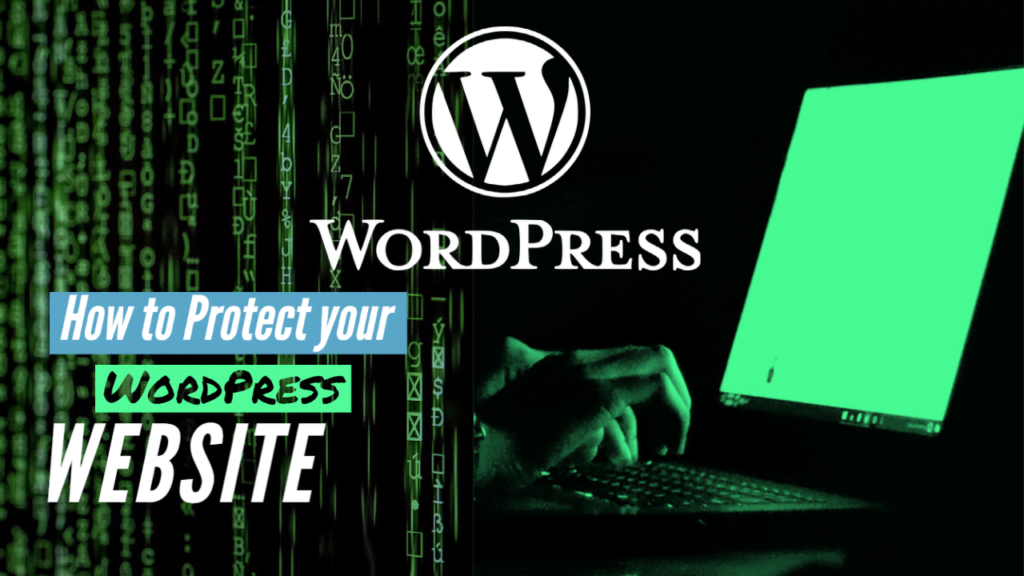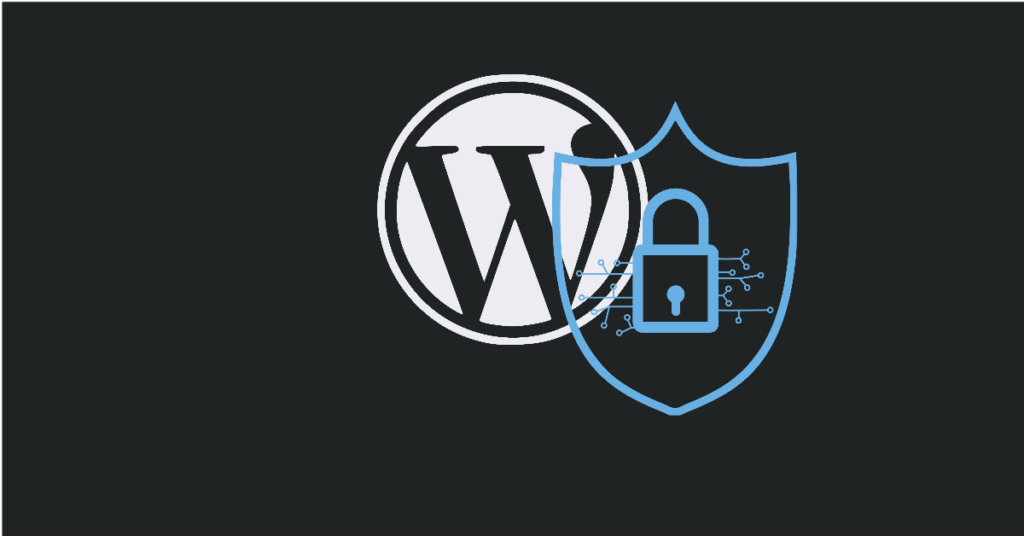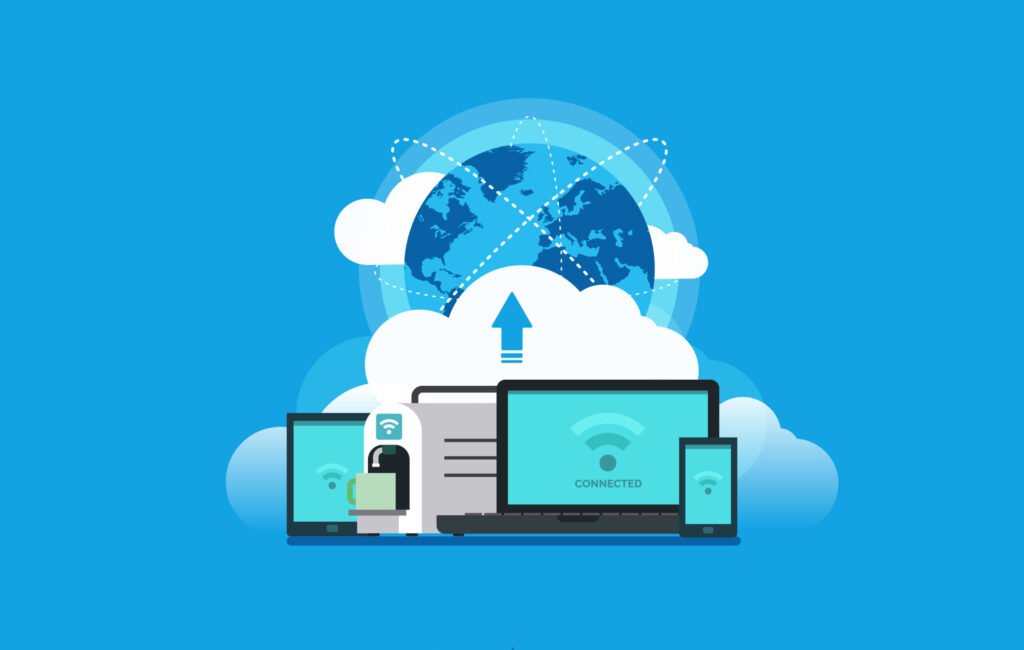
Blogs: Protect Your Word-Press Website from Hacking
Essential Tips and Best Practices to Safeguard Your WordPress Website from Cyber Attacks and Ensure Uninterrupted Online Presence

- Keep Your WordPress Core and Plugins Updated: One of the most basic yet crucial steps to bolster your website’s security is to keep your WordPress core and plugins up to date. Regularly updating your WordPress version and installed plugins ensures that any vulnerabilities are patched, reducing the risk of exploitation by hackers. Enable automatic updates or set up reminders to stay on top of the latest releases.
- Implement Strong User Authentication: WordPress websites are often targeted by hackers who attempt to gain unauthorized access through weak passwords or compromised user accounts. Protect your website by enforcing strong passwords for all user accounts, including administrators, editors, and contributors. Consider implementing two-factor authentication (2FA) to add an extra layer of security, requiring users to provide an additional verification code to log in.

- Utilize Security Plugins: Take advantage of security plugins designed specifically for WordPress. These plugins offer features such as firewall protection, malware scanning, and brute force attack prevention. Some popular options include Wordfence, Sucuri, and iThemes Security. Configure the plugins to monitor your website, provide real-time alerts, and regularly scan for vulnerabilities or suspicious activities.
- Regular Backups: In the event of a successful hacking attempt or data breach, having up-to-date backups of your WordPress website becomes invaluable. Schedule regular automated backups and store them in an off-site location or a secure cloud service. This ensures that even if your website falls victim to an attack, you can quickly restore it to its previous state, minimizing downtime and data loss.

- Conduct Penetration Testing: Penetration testing, also known as ethical hacking, involves simulating real-world attacks to identify vulnerabilities in your WordPress website’s security. Engage with cybersecurity professionals who specialize in penetration testing to assess your website’s weaknesses and provide recommendations for improvement. Regularly conducting these tests ensures that you stay one step ahead of potential hackers.
- Employ AI-Based Threat Detection: Leverage the power of AI-driven cybersecurity solutions to bolster your website’s defenses. AI algorithms can analyze vast amounts of data in real time, detecting patterns and anomalies that indicate potential threats. Implement AI-based threat detection systems that can identify malicious activities, such as DDoS attacks or suspicious login attempts, and take appropriate action to mitigate risks.
